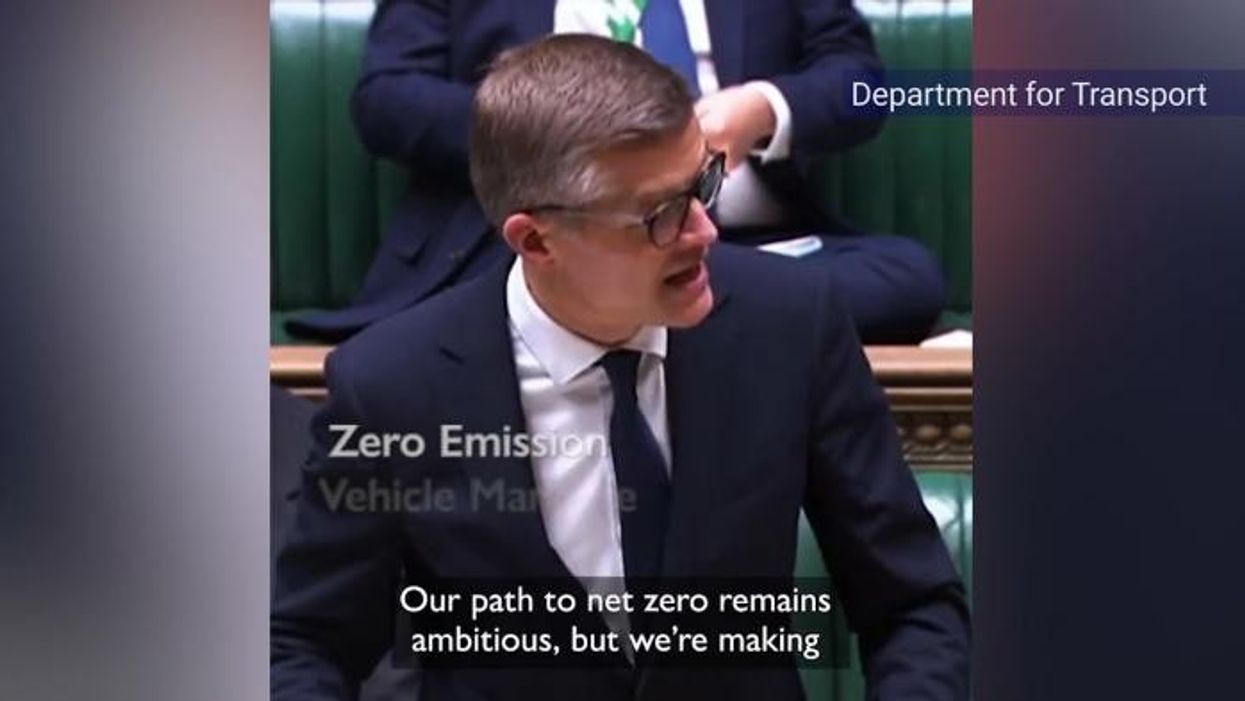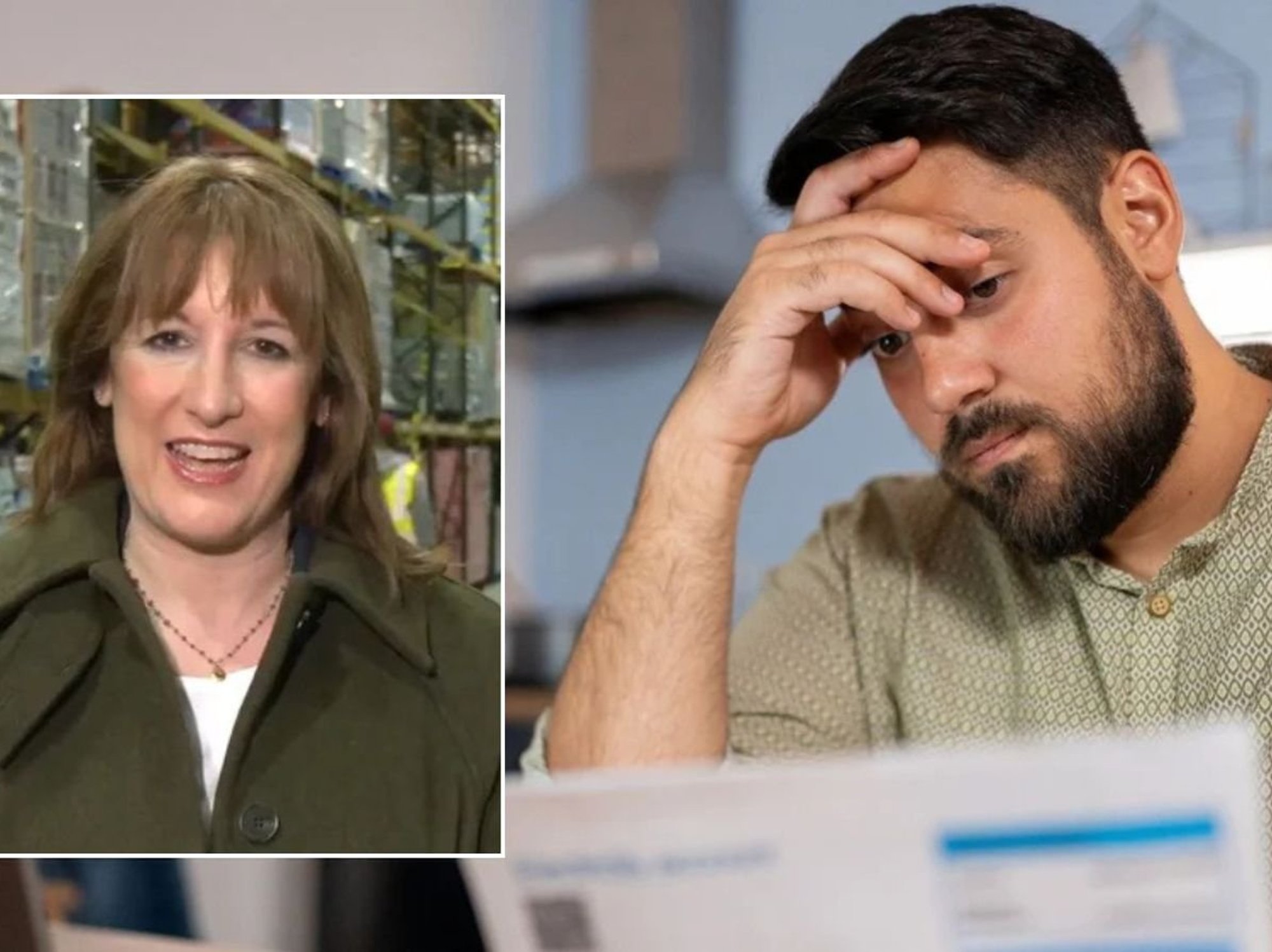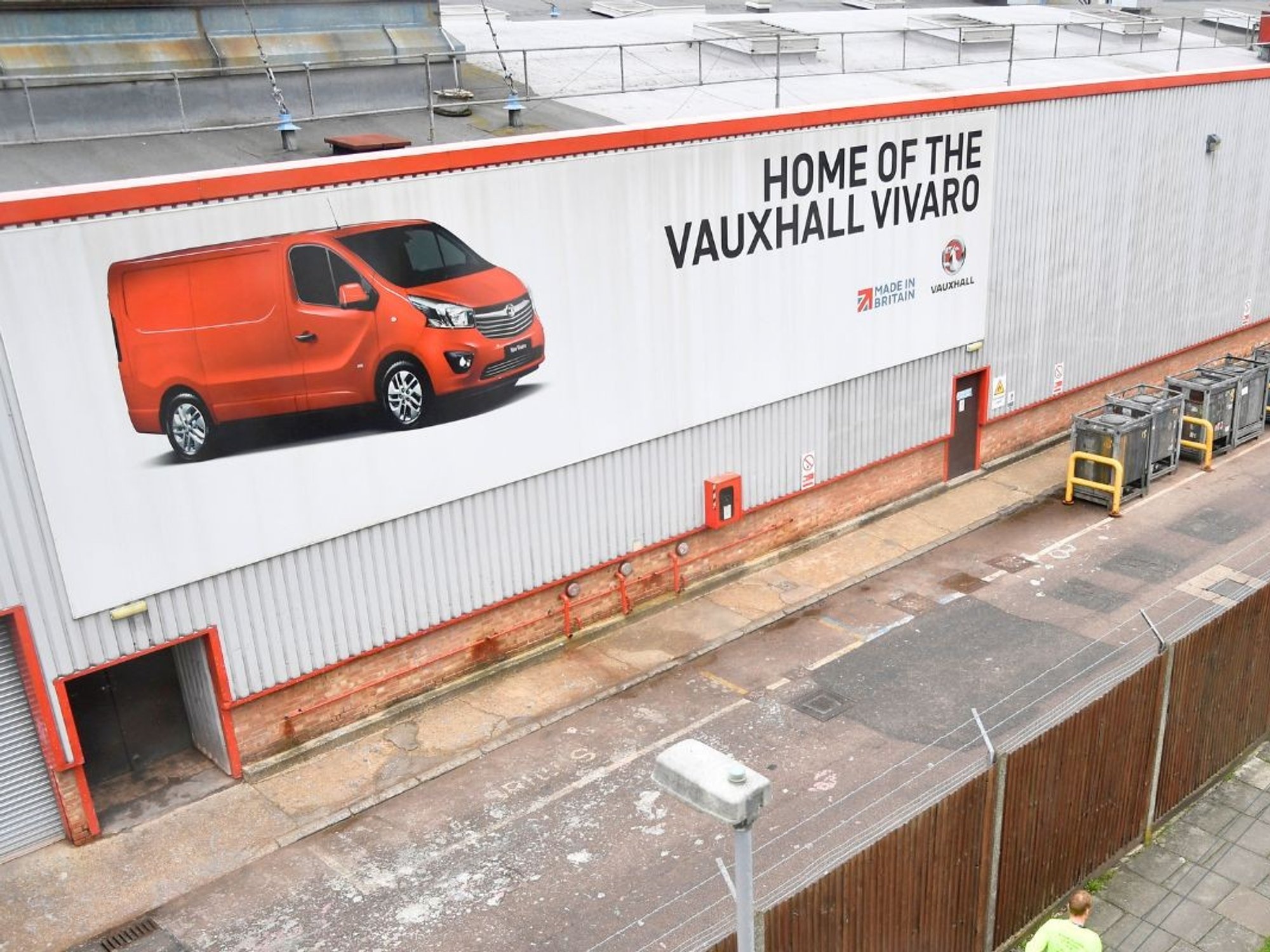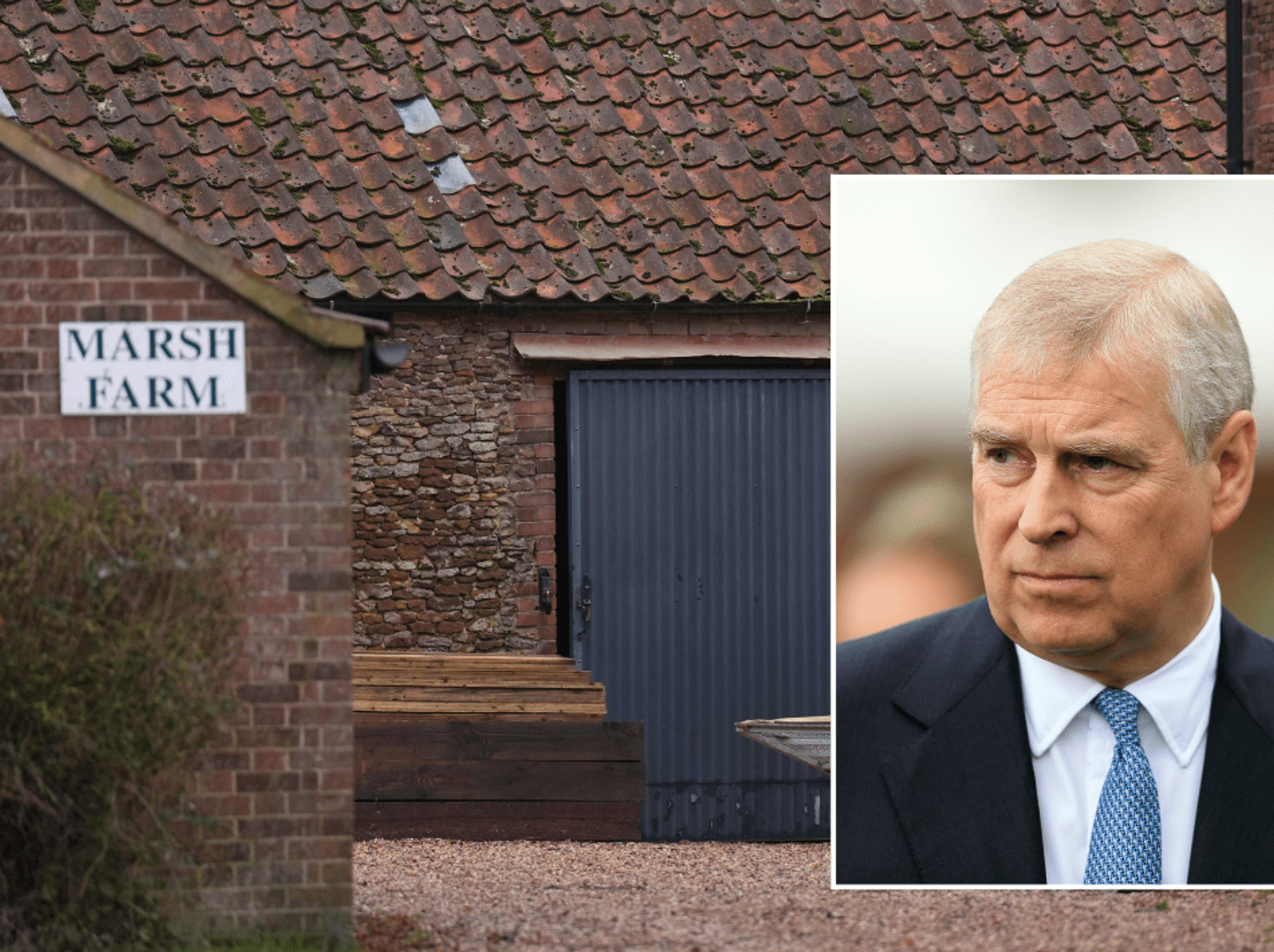Classic car values can spike with 'critical' changes as drivers own almost 340,000 vehicles across the UK

More than 41,000 classic cars are being kept off roads
Don't Miss
Most Read
Latest
New data from the DVLA has found that there are almost 340,000 classic cars on British roads or in garages as motorists look to keep vintage vehicles alive.
A total of 338,697 classic cars are still owned by owners around the UK, although 12 per cent of them are not being driven on the road.
According to a Freedom of Information (FOI) request, 41,217 classic cars were declared Statutory Off Road Notification (SORN) and are kept in garages.
Many of these are likely to be restoration projects or vehicles that could see their value inflate in the coming years.
Do you have a story you'd like to share? Get in touch by emailing motoring@gbnews.uk
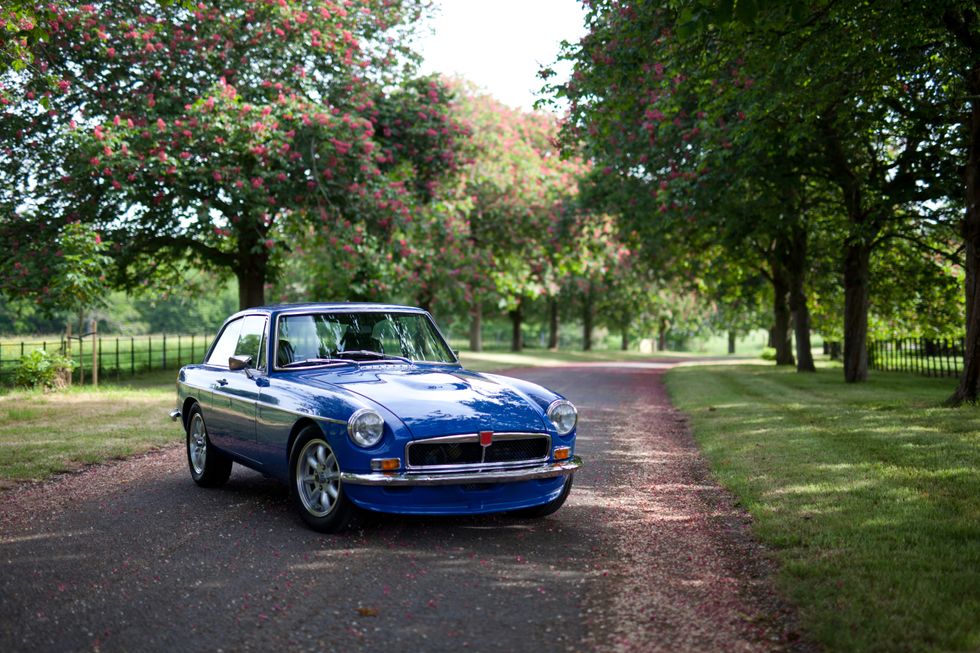
A total of 338,697 classic cars are still owned by owners around the UK
|GETTY
Data from the DVLA shows there are 28,311 MGBs, 10,393 Morris Minors, 5,575 Rolls-Royce’s and 4,508 Triumph Stag models.
In the UK, vehicles that were first built or registered more than 40 years ago do not need to pass an MOT test.
The same applies to vehicles with “no substantial changes” in the last 30 years, such as replacing the chassis, body or engine to change how the vehicle works.
Although the MOT is not necessary, drivers can be fined up to £2,500 and get three penalty points for using a vehicle in a dangerous condition.
Richard Evans, head of technical services at webuyanycar, reacted to the data, saying drivers were still keen to retain older cars even if they aren’t on the road.
He said: “Generally, for a car to be considered a classic it must have been registered at least 40 years ago, and still be running today.
“We’ve seen that nostalgia for discontinued, once-popular cars like a vintage Rolls-Royce can rise and so their resale value does the same.
“Demand is a key factor in determining a car’s value and when demand for a particular model or colour goes up, drivers may find that its price rises accordingly, but keeping it in good condition is critical to its value.”
Classic cars built before January 1, 1983, are also exempt from paying vehicle tax from April 1, 2023, with this limit changing in the new financial year this April.
While drivers do not need to pay any tax on their vehicles, they must still go through the process of taxing the car through the “historic tax class” category.
Evans added: “Our research shows that 64 per cent of drivers try to take as much care as possible of their car to ensure it maintains its value.
“To keep their car in running order, owners need to keep their car in good condition, this is also recognised by the DVLA as they don’t require classic cars to have a yearly MOT based on the time and attention they already receive.
LATEST DEVELOPMENTS:
- Car insurance prices could plummet with 'new strategy' aiming to slash premiums for British drivers
- AA outlines Budget demands for lower petrol and diesel prices with fuel duty freeze to protect drivers
- Low traffic neighbourhood causes three-mile bus journey to take two hours amid 'damage and disruption'
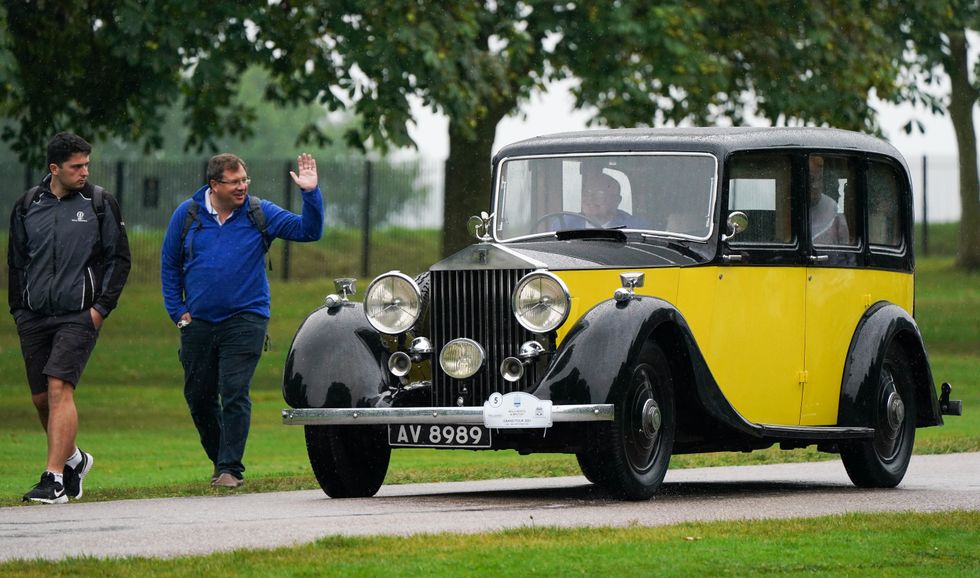
Cars over 40 years old do not need to pay car tax or have an MOT
|PA
“There are a number of factors that can cause a car’s value to fluctuate such as demand, availability and the market.”


